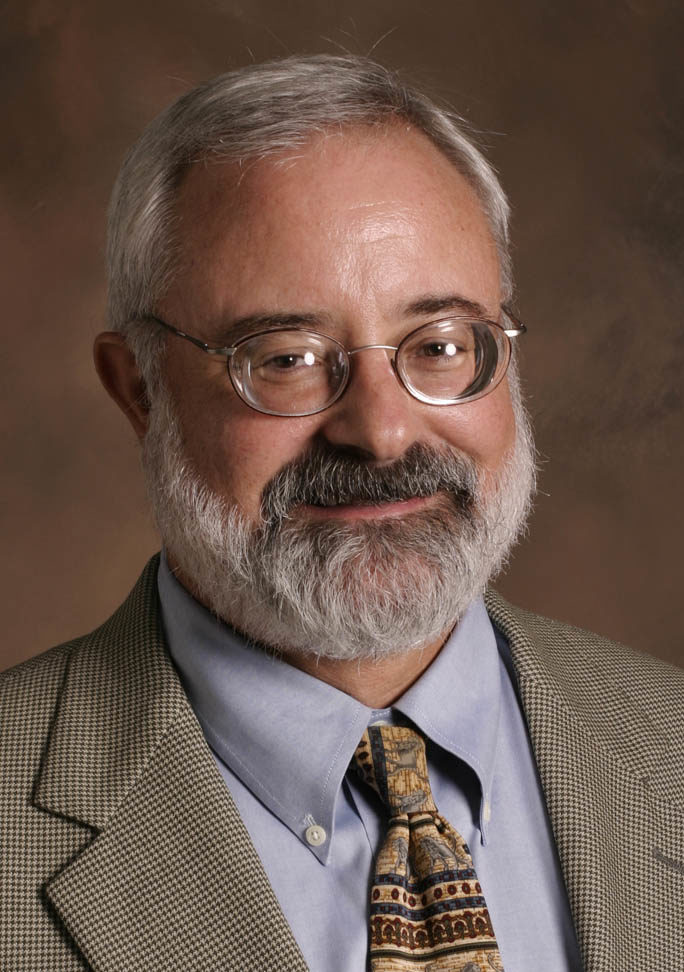Dick Komer on Espinoza v. Montana & the Bigoted Legacy of Blaine Amendments
On this episode of “The Learning Curve,” Bob & Cara are joined by Dick Komer, Senior Attorney with the Institute for Justice. Komer led the oral argument this week before the U.S. Supreme Court on behalf of the plaintiffs in the high-profile school choice case, Espinoza v. Montana Department of Revenue. They review the details of the Montana case and the nativist history of the Blaine amendments that remain in nearly 40 states. Komer also compares Espinoza with the recent Trinity Lutheran case, shares his take on the justices’ thinking and the outlook for success, as well as the political challenges that persist even if the plaintiffs prevail.
Stories of the Week: In Tennessee, a contentious new education savings account program for students from low-performing districts is attracting nearly 60 participating private schools. Alaska is considering consolidating 54 school districts into 18 – will this erode communities, or bring about long-overdue cost savings? West Chester, Pennsylvania is using a new online learning program to win back students who left the district for charter-run cyber schools.
Newsmaker Interview:
 Richard “Dick” Komer serves as a senior attorney at the Institute for Justice. He litigates school choice cases in both federal and state courts. He is IJ’s resident expert on state Blaine Amendments. Prior to his work at the Institute, Dick worked as a career civil rights lawyer for the federal government, working at the Departments of Education and Justice, as well as at the Equal Employment Opportunity Commission. He ended his government employment as Deputy Assistant Secretary for Civil Rights at the Department of Education. He received his law degree from the University of Virginia in 1978 and his B.A. from Harvard College in 1974.
Richard “Dick” Komer serves as a senior attorney at the Institute for Justice. He litigates school choice cases in both federal and state courts. He is IJ’s resident expert on state Blaine Amendments. Prior to his work at the Institute, Dick worked as a career civil rights lawyer for the federal government, working at the Departments of Education and Justice, as well as at the Equal Employment Opportunity Commission. He ended his government employment as Deputy Assistant Secretary for Civil Rights at the Department of Education. He received his law degree from the University of Virginia in 1978 and his B.A. from Harvard College in 1974.
Commentary of the Week
Thomas B. Fordham Institute: “Espinoza and the myth of values-neutral schooling”
Tweet of the Week
“People with means take for granted the ability to choose their child’s school by paying tuition or moving to communities with quality schools. So we are sympathetic to parents such as Ms. Espinoza, who can’t take such choice for granted.” @IJ #SCOTUS https://t.co/HvSMHogOnH
— Justin Pearson (@JustinPearsonIJ) January 18, 2020
Next episode: The next episode will air on January 31st, with guest, Susan Wise Bauer, a homeschool mom, English instructor of writing and American literature at The College of William and Mary, and author of the best-selling book, The Well-Trained Mind: A Guide to Classical Education at Home.
Newslinks:
- Chalkbeat: “These 57 private schools want in on Tennessee’s new voucher program” https://chalkbeat.org/posts/tn/2020/01/21/here-are-the-57-private-schools-wanting-to-participate-in-tennessees-new-voucher-program/
- EducationDive: “Alaska considers consolidating its 54 districts into 18” https://www.educationdive.com/news/alaska-considers-consolidating-its-54-districts-into-18/570463/
- West Chester wants to win back charter students with its own cyber program, and it’s not alone https://www.inquirer.com/education/pennsylvania-cyber-charter-virtual-schools-west-chester-20200121.html
Receive Our Updates!
Related Posts





















